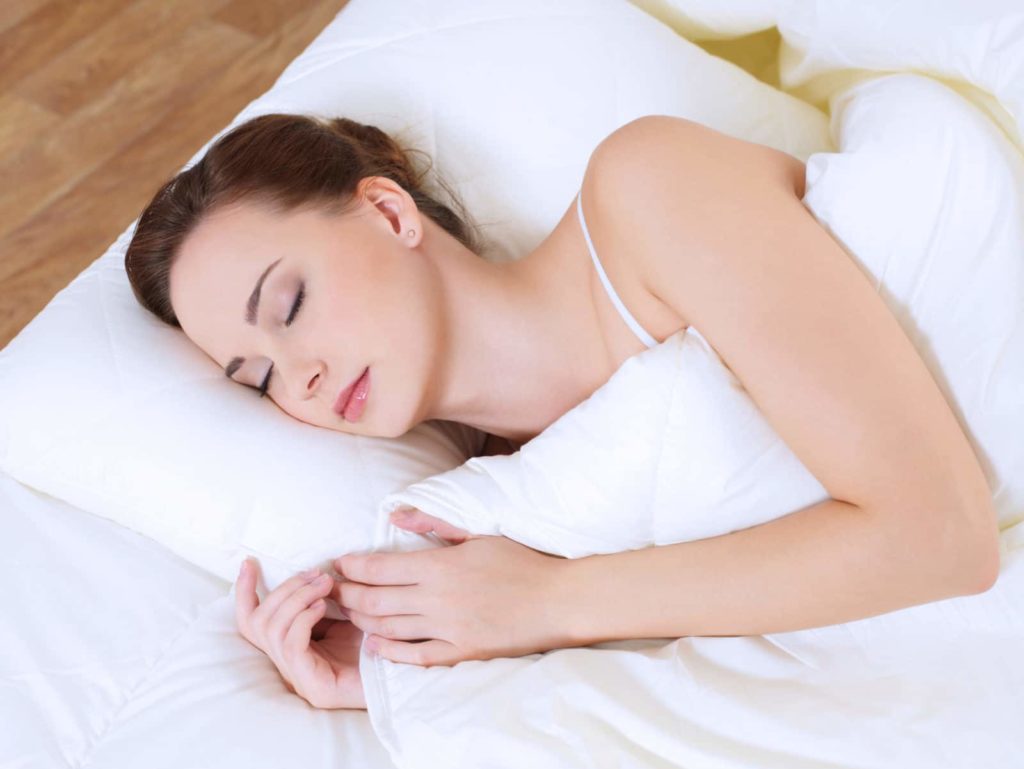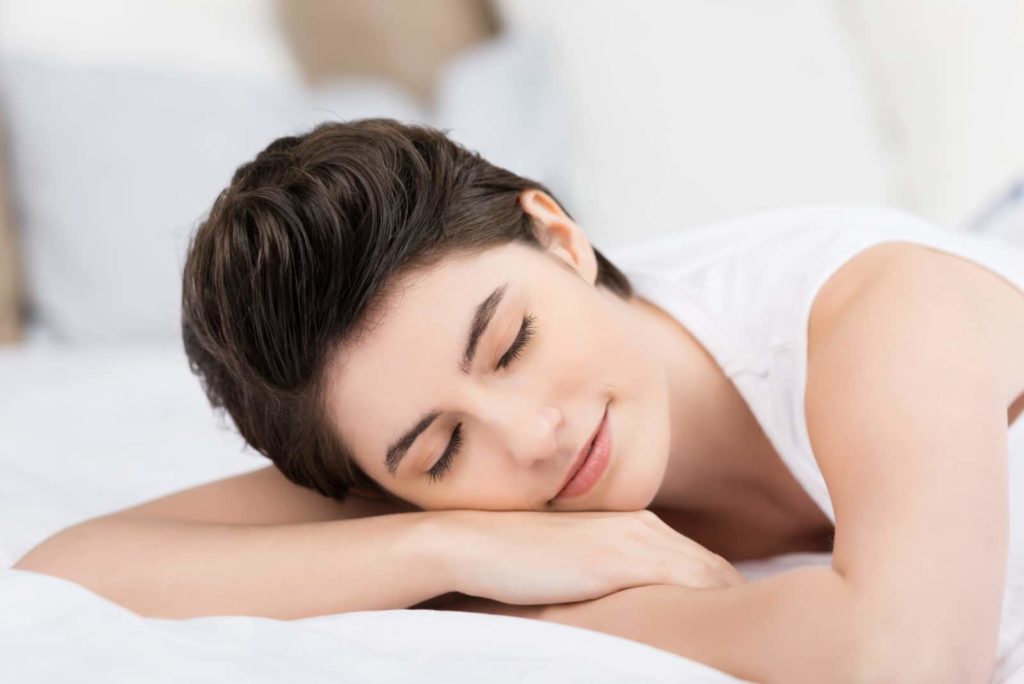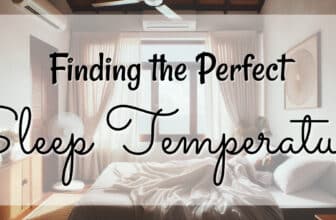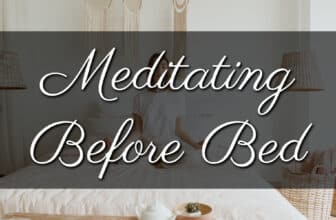Waking up in the morning with neck pain is not a great start to your day. Often, this can be caused by inadequate support to your head and neck while you sleep. This could be because of your mattress but usually, a change in your pillow is all that is needed to help solve the problem. Many people do not have the right type they need for their sleep preferences, or theirs has simply worn out. Others may benefit from sleeping without a pillow entirely.
Pillow or No Pillow?
There has been a lot of recent debate about whether using or not using a pillow is the best health option. Some people find that sleeping without one works well for them. This could be because theirs is old or simply is not the right type for their needs. Or, they truly could favor not having it based on their preferred sleeping position.
So why do we use pillows? The truth is, many people find they get better sleep with it, especially if it is the right one. They can help provide support and promote healthy spinal alignment while you rest. So are pillows bad for your neck? No, they are designed specifically to be good for you, just not for all positions.
Different Sleeping Positions: Should You Sleep With a Pillow?
How you feel about pillows is largely determined by your preferred sleep position. They work well in certain positions than others. This helps explain why there is such a variance of opinion on the topic. So, is sleeping without a pillow healthier? Ultimately, this depends on your preferred sleep position.
Is It Bad to Sleep Without a Pillow If You’re a Side Sleeper?
While not everyone agrees on the benefits of using pillows in all positions, the majority of people can agree that it is bad to sleep on your side without one. Why do most agree on this? Let’s take a look.
Side Sleepers
Many say this is the best sleep position, especially if you snore. However, this is only true if you use pillows with the proper amount of support. For a side sleeper, the right one helps align your spine starting with your head all the way down to your hips.
When sleeping this way, certain pressure points sink into the mattress allowing you to maintain comfort. Without a pillow, there is a large gap between your neck and the mattress. This causes it to angle downward in an unnatural position leading to neck and shoulder strain, stiff muscles, and spinal misalignment.
Using your shoulder as an alternative in this position is not a viable option. This causes added pressure to your shoulder and arm which can lead to temporary numbness, stiffness, and lingering pain throughout the day.
Sleeping this way is most beneficial with a pillow that is approximately the same thickness as the distance between your shoulder and your neck. This will keep your head and neck as well as the rest of your spine straight and aligned. If it is too thick or firm, your head will angle upwards causing spinal misalignment. Conversely, if it is too thin or soft, your head will angle downwards still causing spinal misalignment, and neck pain eventually. So it is important to find what best suits you.
Verdict:
When sleeping without a pillow, neck pain is common for people who prefer to sleep on their side. It is not recommended, nor is it healthy to sleep without a pillow if you are a side sleeper.
Some companies make special pillows for side and back sleepers called cervical pillows, that have a dip where your head rests to enable added support for your neck. This may be a good option for people struggling to find the right one for their specific needs.
Side sleepers may also benefit from an additional pillow placed between their knees. The pillow can help to maintain proper spinal alignment throughout the night by relieving pressure on the hips and knees.

Is Sleeping Without a Pillow Bad If You’re a Back Sleeper?
For the most part, people agree that using a pillow while sleeping on your back is beneficial. Why do most sleep experts agree on this? Let’s take a look.
Back Sleepers
If you do not snore, many argue sleeping on your back is the best sleep position. With the right mattress and pillow, your back naturally aligns overnight to promote spinal health and recovery from possible stress experienced throughout the day. For these sleepers, the right pillow can make all the difference when it comes to comfort and quality rest.
The gap between your neck and the mattress is not as noticeable or defined when you sleep supine compared to on your side, but it does still exist. Depending on the type of mattress you have, you may experience a small gap between your lower back and the mattress as well.
An innerspring mattress does not contour to the body very well and if you sleep supine, it is likely you will experience gaps under your lower back and under your neck. Newer hybrid and specialty memory foam mattresses do a good job of contouring your body than an innerspring mattress, allowing your hips to sink deeper into the material. This can eliminate the pressure and gap from the lower back area but not the neck area.
To sleep on your back most comfortably, it is best to have a soft, thin pillow. Your goal is to provide enough support to keep your head in line with your spine by eliminating the gap between your neck and the mattress. Without it, your head will sink back too far and place your neck in an unusual and uncomfortable angle. If it is too thick or firm, it will cause your head to tilt forward also at an uncomfortable angle. This can even press the chin into the chest in extreme cases which only adds to the discomfort.
Verdict:
The general consensus is that using a pillow that is both thin and soft is beneficial if you sleep on your back. Sleeping without a pillow may also be recommended if you have lower back pain or own a firm mattress. If you don’t have a firm mattress, this article can help you make a soft mattress firmer. Often, a good mattress that contours to your body in combination with a thin pillow is a better solution.
Cervical pillows, mentioned above for side sleepers, are also a good choice for people who sleep supine. They provide support under the neck without pushing the head forward or allowing it to fall back too far.
These sleepers may also benefit from an additional thin pillow or rolled-up towel placed under their knees. This can help relieve strain on the lower back while promoting a healthy realignment of the spine while you sleep.

Is It Bad for Stomach Sleepers to Sleep Without a Pillow?
The one resting position that actually benefits from sleeping without a pillow is on your stomach. Let’s take a look at why this is different and what the benefits of sleeping without a pillow can be for people who prefer this.
Stomach Sleepers
This is generally considered to be the least healthy sleeping position. It is because you have to twist your neck far to the right or the left. It causes your neck to be out of alignment with your spine so you can rest your head. That is of course unless you press your face directly into the material which leads to constricted respiration. Not to mention it is uncomfortable to smash your face straight into the bed all night.
However, this can be beneficial when it comes to preventing snoring and sleep apnea. If you prefer sleeping prone for one of these reasons, or any other for that matter, you should definitely consider trying it either without a pillow entirely or with a very thin one.
When sleeping prone, there is no gap between your neck and the mattress because you turn your face to the right or the left. Naturally, your spine and neck are level on the mattress without the need for a pillow. This is particularly true if you have a mattress that contours to your body well, like a hybrid or memory foam mattress. Firm innerspring mattresses will not do as good of a job at this. Also, a soft innerspring mattress may place your head at an uneven angle.
These sleepers should try sleeping without a pillow to promote spinal health. Having one that is too thick will force your neck into an unnatural angle that causes pain and discomfort throughout the night and into the next day. For many, choosing to forgo it entirely is the right option for sustained comfort in this position. For those who do not truly feel comfortable, try very thin pillows to provide the comforting sensation you desire.
Verdict:
It is widely agreed upon and accepted that sleeping without a pillow can be very beneficial for stomach sleepers. It is highly recommended by many people and the effects can be felt almost immediately.
Whether or not a stomach sleeper chooses to use a pillow, the benefit of placing a thin one underneath the hips is worth a try. This can help to even out and realign the spine while they sleep.

Benefits of Sleeping Without a Pillow
Of course, we can’t all agree but here are some of the benefits so you can decide which is the right choice for you.
Old Pillows
Often, our pillows are old and worn out. They grow bacteria over time and this is not good for our health. They fill up with dead skin cells and for some, dried drool as well. Interestingly, people do not place as much emphasis on their pillows as they do their mattresses and this leads to poor quality and, ultimately, less comfortable sleep.
Right Support
If your pillow does not provide the right amount of support, it can lead to the strain of muscles in your neck, shoulders, and back. They will attempt to compensate for the lack thereof and try to level your spine out muscularly. This can lead to a less restful sleep, lingering pain throughout the day, sleep deprivation, or even insomnia.
Some argue it allows your neck and back to extend into a natural position. However, many experience discomfort like this, especially depending on their sleeping position.
Skin Health
Others say it can be good for the skin on your face. It allows for more air circulation throughout the night, giving your skin time to breathe and rejuvenate. Pillows can cause increased heat retention in your face leading to perspiration and eventual pimples or blackheads. It is also said to help prevent wrinkles.
Trying It Out for Yourself
If you are wondering how to sleep without a pillow, the answer is easy: just try it for a night. You may discover that you wake up the next day feeling more rested and without any neck or back pain. If so, keep it up.
If giving it up cold turkey does not work for you but you still want to give it a try, switch it out for a folded piece of cloth. Any piece of clothing will do really. The idea is to make a gradual transition that does not seem so abrupt. After easing yourself into the transition, you may be able to decide if it will work for you.
What Should You Take Away From This Article?
Is sleeping without a pillow worth a try? Are pillows bad for you? Let’s review what we’ve learned:
- Side sleepers should not sleep without a pillow. They should use a thick, supportive one that fills the large gap between the neck and mattress created by sleeping on their side.
- Back sleepers should also use a pillow. A thinner, soft one is recommended to avoid creating an awkward angle and to provide an adequate neck support.
- Stomach sleepers should sleep without a pillow to facilitate a level spine. If this is uncomfortable for any reason, they should try a very thin and soft one.
- Some people experience less muscle strain and a comfortable stretching sensation from sleeping without a pillow.
- It may be time for you to buy a new pillow to optimize or improve your sleep experience. Or it may be time to just throw yours out so you can have a good night’s sleep.
In the end, the decision comes down to your own personal preference and the comfort you experience. What is most important is that you find what works best for you. You want to choose the option that ensures your continued comfort for many nights to come.






